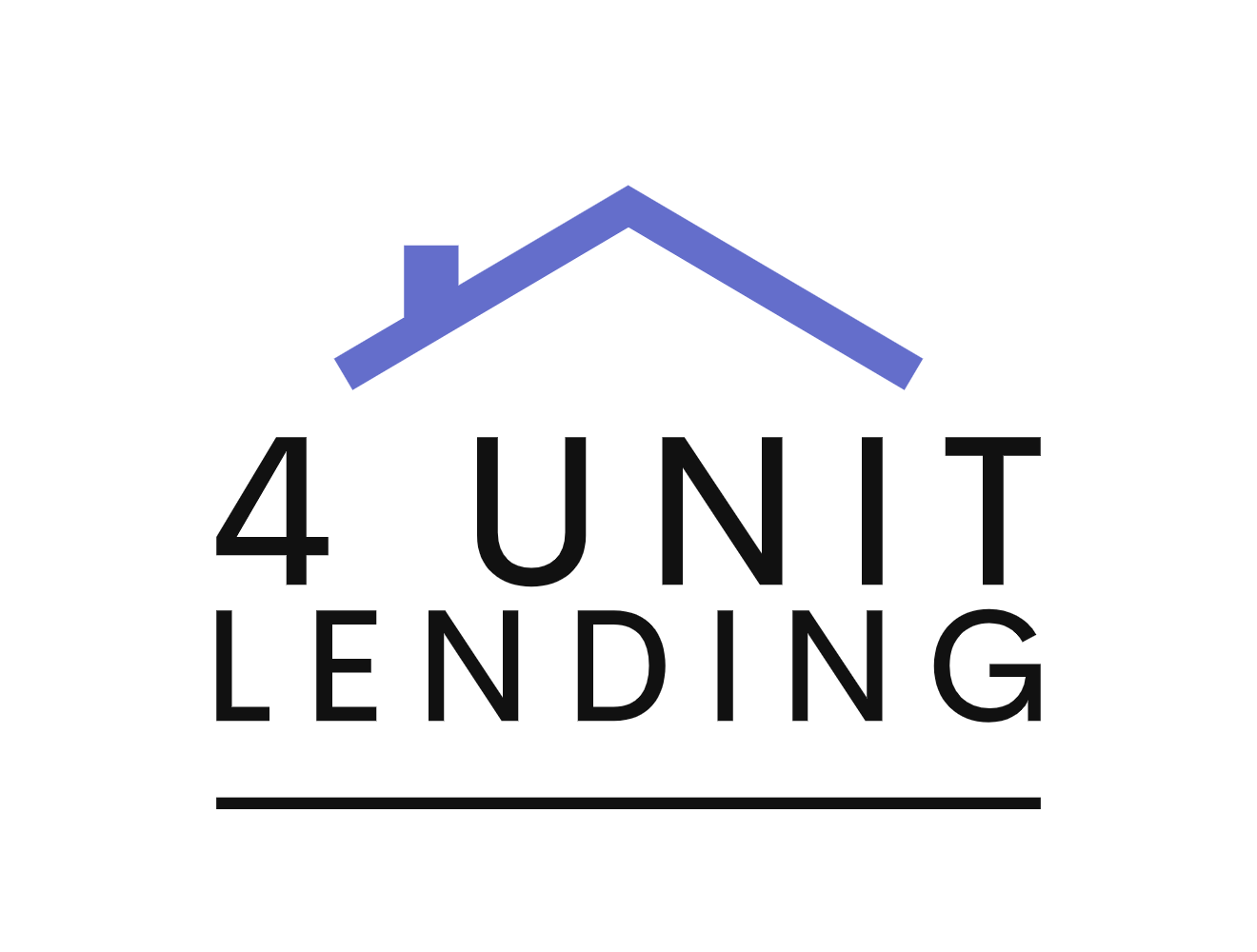Real estate investing is often framed as a long-term game, but the key to maximizing profitability is understanding when to hold and sell. While some investors aim to build generational wealth by holding properties indefinitely, others find that flipping or selling after a few years delivers better returns. The Three-Year Rule provides a clear framework for making this decision and balancing cash flow with long-term value.
What is the Three-Year Rule?
The Three-Year Rule helps rental property investors decide whether to hold or sell based on tenant duration. If tenants leave every one to two years, you may want to sell since turnover costs can quickly cut into profits. On the other hand, if tenants stay longer than three years, holding the property usually increases profitability. Longer tenancy reduces vacancy costs and stabilizes cash flow, making the investment more reliable over time.
Why the Three-Year Rule Matters
Rental property profitability is tied directly to how long a tenant stays in place. According to industry data, the majority of tenants stay in their rentals for 1-4 years. However, the financial tipping point often comes around the three-year mark, when reduced turnover costs and stable cash flow begin to improve overall profitability.
Here’s why:
Turnover costs eat into cash flow – Turning over a rental costs time and money. Cleaning, repairs, and marketing a vacant unit can wipe out months of cash flow.Longer tenancy reduces operational costs – A tenant who stays for three years or more reduces vacancy periods and lowers the frequency of costly repairs.Stabilized cash flow – After three years, rental income often exceeds tenant replacement costs, improving profitability and allowing for rent increases.
If a tenant stays fewer than three years, the investor may struggle to break even after factoring in turnover costs and vacancy periods.
The Financial Impact of Short Tenancy Duration
Short tenancy durations are one of the biggest drains on rental property profitability.
For example, if you earn $200 per month in cash flow ($2,400 per year) but spend $3,000 to repair and market the unit after a tenant leaves, you’ve effectively lost over a year’s worth of income. If this happens every 12 to 24 months, the property will never generate reliable cash flow.
Accordingly, holding a rental property for at least three years with stable tenants gives you time to recover those turnover costs and begin seeing positive cash flow. If a property turns over more than once every two years, you’re likely losing money.
When It Makes Sense to Sell
Although holding a rental for the long term can create steady cash flow, there are situations when selling is the smarter move:
Rising maintenance costs – If repair costs are eating into your profits, it may be time to cash out and reinvest in a lower-maintenance property.Market appreciation – If the property has significantly appreciated in value, selling could free up capital for higher-return opportunities.Poor tenant retention – If tenants are consistently leaving after a year or two, the property may not be in a desirable location or could have structural issues.Shifting market conditions – If interest rates increase or rental demand declines, selling before the market softens could protect your profits.
How to Improve Tenancy Duration
Increasing tenant retention is key to making rental properties more profitable. Here are strategies to keep tenants longer:
Screen tenants carefully – Tenants with stable income and strong credit scores are more likely to renew leases.Maintain the property – Responding to maintenance requests quickly improves tenant satisfaction and increases the likelihood of lease renewals.Offer incentives for renewals – A small rent discount or free upgrade (like adding ceiling fans or better appliances) can encourage tenants to stay.Adjust rents reasonably – Large rent hikes can push tenants out. Moderate increases aligned with market rates improve retention.
Maximize Profitability With the Right Financing Partner
Whether you decide to hold or sell, securing the right financing can maximize your profitability. Partnering with Dominion Financial gives you access to competitive DSCR loan rates designed specifically for real estate investors. With our DSCR Price Beat Guarantee, you can be confident that you’re locking in the best rate available.
Partnering with Dominion Financial ensures you’re getting the best loan terms and maximizing your cash flow — no matter how long you hold your property.

